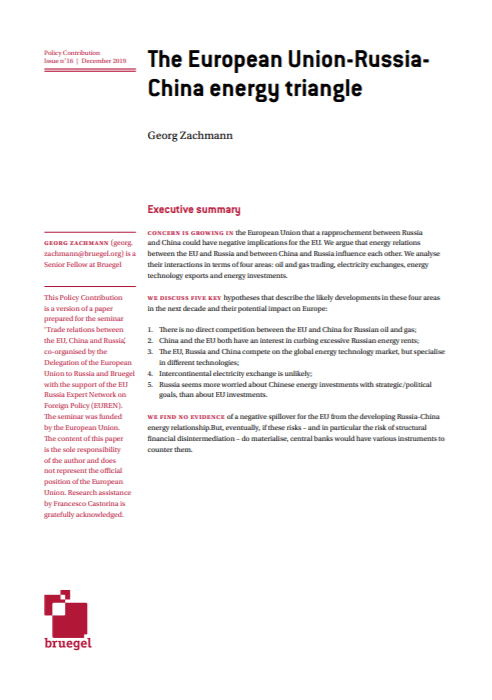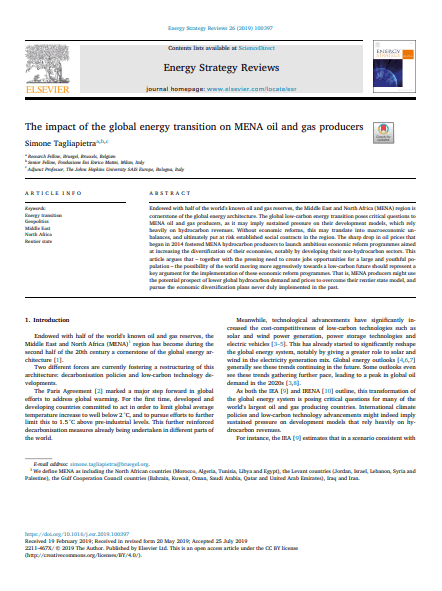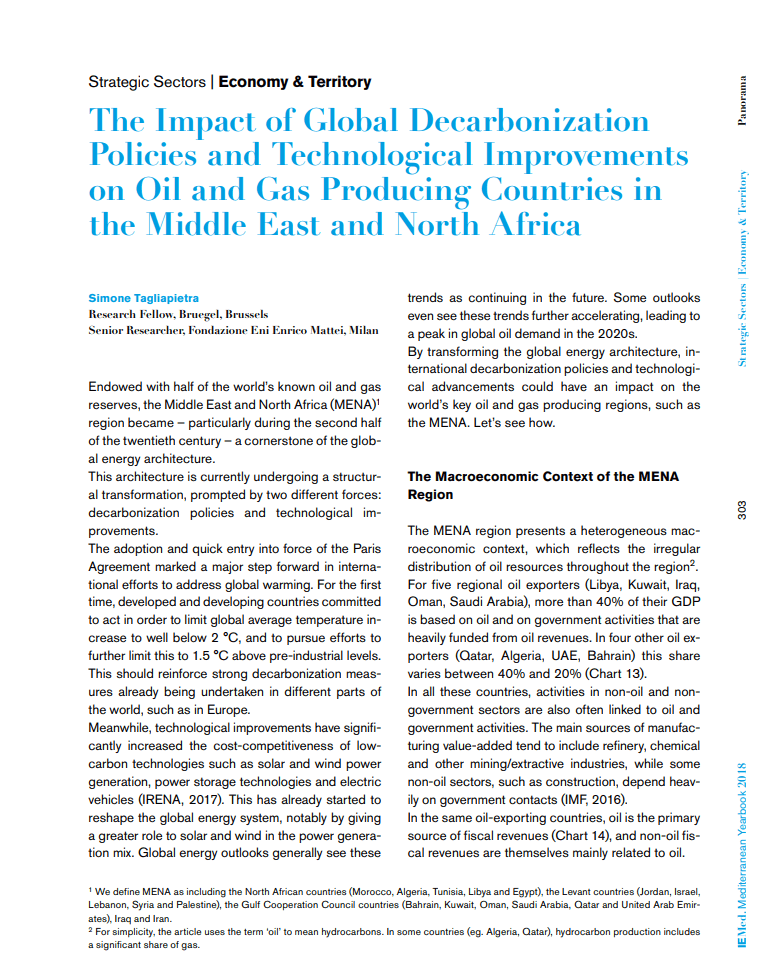Blog Post
The price of oil in 2015
My hunch for 2015 is that oil prices may continue to drop in the short term; unlike in the past four years, however, they are likely to finish the year higher than they were when it began.
In late 1979, I began work on my PhD thesis, an empirical investigation of the OPEC surplus and its disposal. It was the end of a decade in which oil prices had undergone two dramatic increases, and most of the various geniuses of the day were confidently predicting that they would continue to soar, from under $40 per barrel – a historic high at that time – to above $100. By the time I finished my research in 1982, the price of oil had begun what would become a 20-year plunge. It would not hit $100 per barrel until January 2008.
I used to joke that the most important thing I learned from my research was never to attempt to forecast the price of oil. As 2014 comes to a close, the price of oil has just crossed the $100 threshold again – this time headed down. One of the big questions for 2015 is whether the decline will continue. Despite my earlier cynicism, I think I know the answer.
One of the big questions for 2015 is whether the decline will continue. I think I know the answer
Over the past 33 years, I have had plenty of opportunity to study both oil prices and foreign exchange rates, including overseeing a research department of talented people trying to predict their movements. The experience has left me with a good deal of skepticism – not to mention bruises. But I do believe that it is possible to make a broad prediction as to where oil prices are headed.
Over the course of my career, I have tried to determine whether there is such a thing as an equilibrium oil price. I have spent many hours trying to guide, cajole, and beg my energy analysts to create a model that might identify it, just as we have for currencies, bond yields, and equities. I have also discussed the idea with industry experts, most of whom believe that one exists, but that it moves around a lot, because it is greatly influenced by the marginal cost of oil production – itself an unstable variable.
My conclusion is that a good indication of this moving equilibrium does exist: the five-year forward oil price, or the amount paid for guaranteed delivery of oil five years from now.
In my ongoing quest to become better at forecasting, I began, a few years ago, to pay attention to the five-year forward oil price as it compares to the Brent crude oil spot price, the price of a barrel of oil today. I suspect that the five-year forward price is much less influenced by speculation in the oil market than the spot price, and more representative of true commercial needs. So when the five-year price starts moving in a different direction than the spot price, I take notice.
The five-year forward price is less influenced by speculation in the oil market than the spot price, and more representative of true commercial needs
In 2011, after both prices had recovered from the collapse induced by the 2008 credit crisis, the five-year price started to come down gradually, while the spot price continued to surge for a while. This jibed with what I had identified as two big factors fundamentally driving the price of oil: the early days of the exploitation of shale oil and gas in the United States, and the shift in China’s economic focus from quantity to quality, which implied that the Chinese economy would no longer be consuming energy at the frenetic rate it had been.
I concluded that there was a fair chance that oil prices were peaking and that before too long spot prices would reverse and start to decline. I thought it was probably the beginning of a move back down to $80 per barrel – precisely where the price has landed at the end of 2014. The spot price has even recently slipped below that level. It was one of my better forecasts.
I no longer make predictions for a living, but I do know one thing: oil prices will either rise or fall. And I suspect that I know which way they will go. I recently read an article that suggested that, if oil prices remain at recent levels, US production of shale oil and gas next year could be 10% below recent projections. That seems plausible; and, given how important shale oil and gas has become to America’s economic recovery, it also seems like something that US policymakers would be eager to avoid.
They may very well get their wish. Oil prices may not start rising in the coming months, but, as 2014 came to a close, forces that will eventually halt their decline are beginning to appear.
Oil prices may not start rising in the coming months, but forces that will eventually halt their decline are beginning to appear
The drop in the spot price of oil has taken it significantly below the five-year forward price, which remains close to $80 per barrel. My hunch for 2015 is that oil prices may continue to drop in the short term; unlike in the past four years, however, they are likely to finish the year higher than they were when it began.
This article originally appeared on Project Syndicate
Republishing and referencing
Bruegel considers itself a public good and takes no institutional standpoint. Anyone is free to republish and/or quote this post without prior consent. Please provide a full reference, clearly stating Bruegel and the relevant author as the source, and include a prominent hyperlink to the original post.







